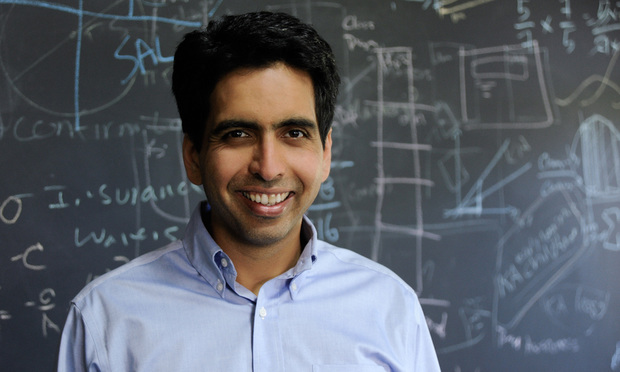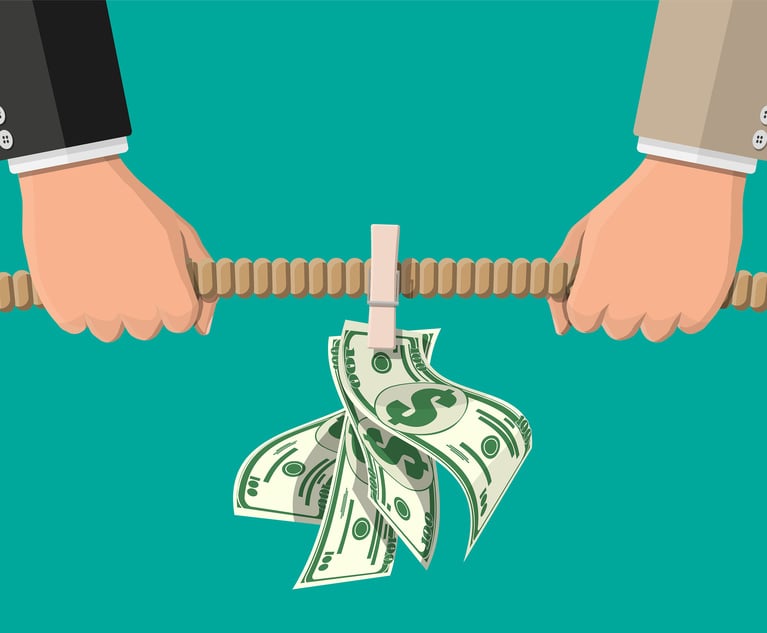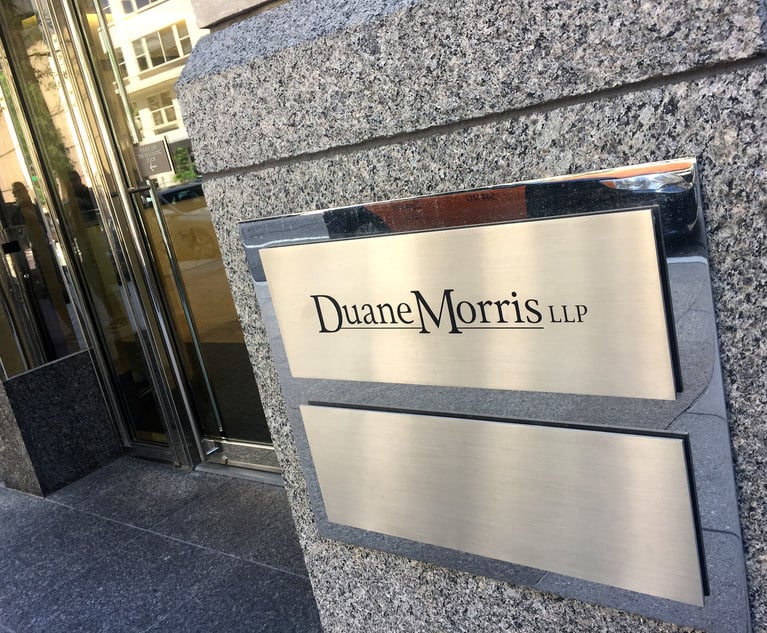It turns out you can’t beat free.
More than 40,000 people each month are using Khan Academy’s new free, online Law School Admission Test prep program, according to figures released Wednesday by the Law School Admission Council and Khan Academy. That’s a healthy chunk of the roughly 100,000 people who sit for the entrance exam annually.

 Sal Khan, founder of Khan Academy. Courtesy photo.
Sal Khan, founder of Khan Academy. Courtesy photo.








